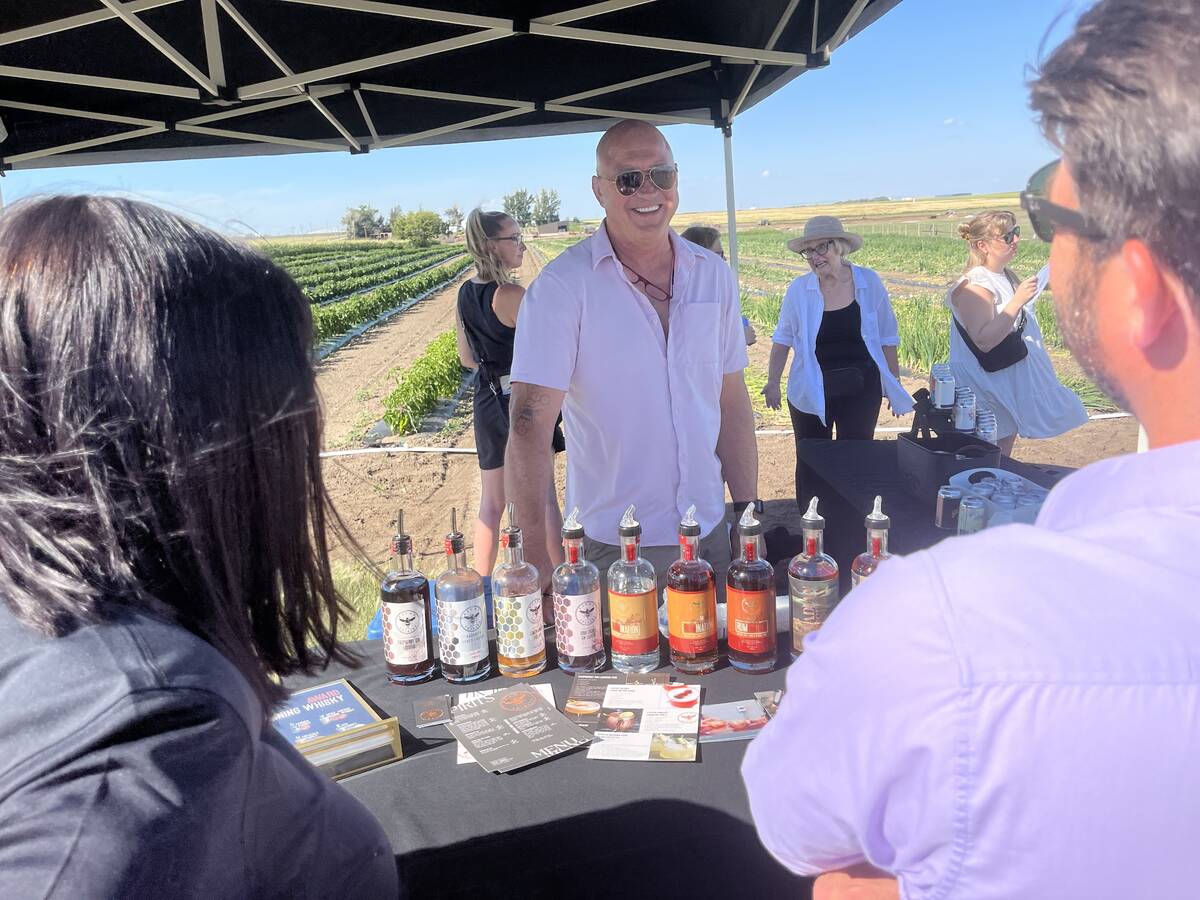Canaryseed shippers continue to face problems accessing their biggest market.
Mexico rejected 12 rail cars of Canadian canaryseed in July 2012 for exceeding its tolerance level of 15 quarantine weed seeds per kilogram.
The weed seed issue was originally flagged by Mexico in June 2009.
One year later, the country implemented a hold and test policy in which shipments exceeding 100 quarantine weed seeds had to be re-cleaned before entering the country.
The tolerance level was reduced to 50 seeds in January 2011 and to 15 seeds in August of that year.
Read Also

From farmer to award-winning distiller
Pivot Spirits showcases transition from farmer to distiller with provincial award-winning results in Alberta for Lars Hirch
Kevin Hursh, executive director of the Canaryseed Development Commission of Saskatchewan, said the trade barrier is affecting exports to Mexico, which in 2012 were 60 to 80 percent of their normal level.
Each rejected rail car costs the industry $10,000 to $12,000 in fees and additional transportation costs for rerouting the product to another market.
Gord Kurbis, director of market analysis and trade policy with the Canadian Special Crops Association, said the ongoing trade irritant is frustrating.
During a presentation at the canaryseed portion of Crop Production Week, he showed details of a rejected 99 tonne shipment of canaryseed exported by Canpulse Foods of Kindersley, Sask.
SGS Canada Inc. conducted on-site sampling throughout the handling and cleaning process and certified that the shipment contained four quarantine weed seeds per kg when it left the plant June 18, 2012. However, the shipment was found to have 78 weed seeds per kg when it arrived in Mexico.
“There is no appeal process in Mexico in terms of either resampling or retesting,” said Kurbis.
One theory is that something happens during transit to inflate the weed seed count. Only the top two metres of the product are sampled with a probe when a rail car arrives in Mexico.
“There’s a chance that there’s some weed seeds that would be migrating to the top of the car as it is being shaken through its journey,” he said.
The CSCA is also working with the Canadian Food Inspection Agency on a technical solution to the trade impasse.
Under the proposed solution, exporters would pay for third party accredited on-site sampling of canaryseed shipments in Canada.
The CFIA would issue phytosanitary certificates for shipments containing up to 15 weed seeds per kg.
In return, SENASICA, the Mexican equivalent of the CFIA, would phase out its duplicate sampling and testing of Canadian shipments upon arrival.















